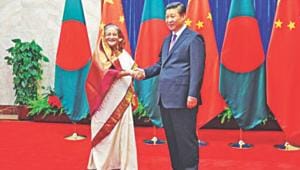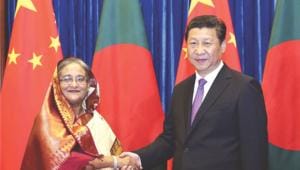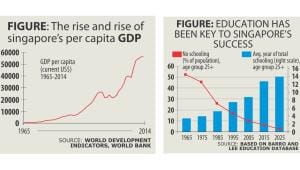Dhaka's Primacy: Rome without Empire?
The removal of elected mayors and councillors does not bode well for Bangladesh's local governance system.
13 May 2015, 18:00 PM
Cities of Hope, Cities of Despair
The pace of urbanisation has gained a new momentum in the past few decades with many developing countries, led by their cities, growing rapidly. The existing pace of urban growth is likely to persist in the next few decades.
27 April 2015, 18:00 PM









